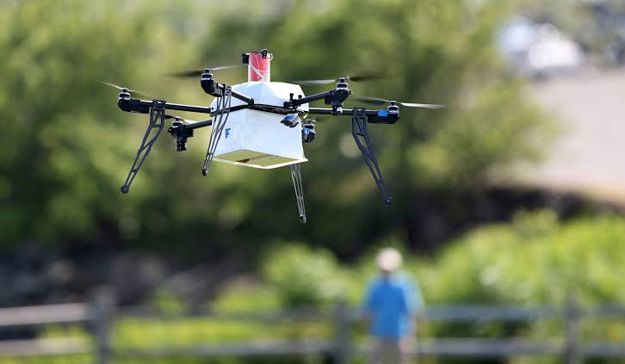
Top stories


Marketing & MediaEffie 2026 call for entries announced



ESG & Sustainability#BizTrends2026 | Atana's Karen King and Yolandi Meyer: Engineering for climate resilience in 2026
Yolandi Meyer and Karen King 3 hours


From developing the next generation of radiology tools and equipment, to expanding access to healthcare in underserved or remote regions, creating better analytics for pathology images, turning smartphones into powerful health tools and reducing administrative burdens on healthcare professionals by improving the process of capturing - and sharing - patient data, artificial intelligence is set to completely upend everything we have become familiar with in the healthcare industry.
This is not a joke. Already, surgeons are performing operations from remote locations, with the world’s first remote surgery having already taken place in January last year the southeastern province of Fujian, when a doctor used robotic arms to treat a patient in a remote town over 30 miles away. Using a 5G connection, the doctor treated an animal in a kind of ‘test run’ to see what could be achieved with a human. Even just this week, we have seen telehealth devices like the ‘robot’ help doctors perform basic diagnostic tests on coronavirus patients in the States. In order to minimise staff exposure to the patient, the robot is used instead to talk to the patient and view them.
With this type of technology still in the initial stages of experimentation, its application will likely not be widely embraced until the ethics and legalities of the procedures are worked through - in a critique similar to that given to autonomous driving. But what is known is that 5G has opened up new and exciting possibilities for these types of procedures, and we will see a lot more on this front in the coming few years.
This is another type of technology that was experimented with last year, with positive results. Already in the US, remotely controlled drones are delivering medical samples and supplies, including blood and tissue, between two hospitals within a safe distance of one another. The long-term aim, however, is to be able to deliver critical medical supplies to remote, underserviced parts of the world, during war, famine, drought and other times of crisis, as well as during times of stability. To an extent, this is already happening: drones operated by the Silicon Valley-based startup Zipline are already delivering medical supplies, including blood, rabies vaccines and antivenom, to rural health clinics in Rwanda and Ghana.
Perhaps only five or 10 years ago, we were getting excited about the prospects that mobile and computer technology could offer us - mobile bookings apps, and digital doctors. Very quickly, things have become much more advanced and scarily futuristic, but for all the right reasons.